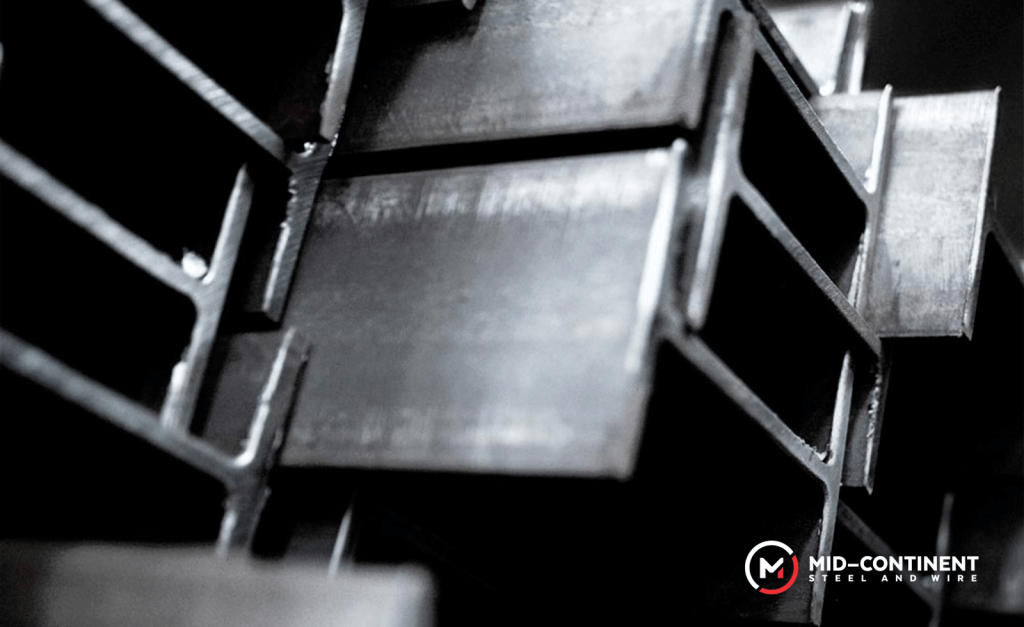
The use of steel beams for basement construction offers various benefits, contributing to the structural integrity, design flexibility, and overall efficiency of the building. Basements need beams primarily for structural support. Beams are essential components that help distribute the load of the building and its contents, transferring the weight to the foundation and, ultimately, to the ground. Here are the key reasons why basements typically require beams.

Why do basements need steel beams?
Here are some factors to take into consideration when starting your basement construction:
- Strength and load-bearing capacity: Steel is renowned for its high strength-to-weight ratio. Steel beams provide excellent load-bearing capacity, allowing for the support of heavy loads from upper floors and the structure above.
- Design flexibility: Steel beams enable greater design flexibility in basement layouts. Their ability to span longer distances without the need for as many supporting columns allows for more open and adaptable floor plans.
- Clear span options: Steel beams can achieve longer clear spans compared to some other building materials. This reduces the need for interior columns, providing more open space and facilitating a variety of uses within the basement.
- Durability and longevity: Steel is highly durable and resistant to many environmental factors, including moisture, pests, and temperature changes. This durability contributes to the longevity of the basement structure.
- Speed of construction: Steel beams are often prefabricated, allowing for faster and more efficient on-site construction. This can result in time and cost savings compared to traditional construction methods.
- Fire resistance: While steel is not completely immune to fire, it has inherent fire-resistant properties. Additionally, fire protection measures such as fire-resistant coatings or fire-rated insulation can be applied to enhance safety.
- Consistent material quality: Steel manufacturing processes allow for consistent material quality and predictability. This consistency ensures that the specified strength and other structural properties are maintained, reducing the risk of structural issues.
- Reduced foundation requirements: Steel’s high strength allows for the creation of lighter structural elements, potentially reducing the size and cost of the foundation compared to alternative materials that require larger and heavier supports.
- Resilience to settling: Steel is less prone to settling and shifting over time compared to some other materials, contributing to the overall stability of the basement structure.
- Recyclability: Steel is a highly recyclable material. At the end of a building’s life cycle, steel components can be recycled, reducing environmental impact and promoting sustainability.

Other considerations for steel beams for basement walls
When considering the installation of steel beams to support existing floor joists in a basement, several factors need to be taken into account. This type of modification is often done to reinforce the structure or to create larger open spaces within the basement. Some key considerations are: structural analysis, load distribution, beam size and type, connection details, permitting and codes, temporary support, and impact on basement walls.
Our bars and beams are carefully fabricated to provide superior strength, durability, and versatility. Whether you are looking to reinforce existing structures, create open and spacious layouts, or enhance the overall stability of your foundation walls and overall construction, engineered to deliver exceptional performance.